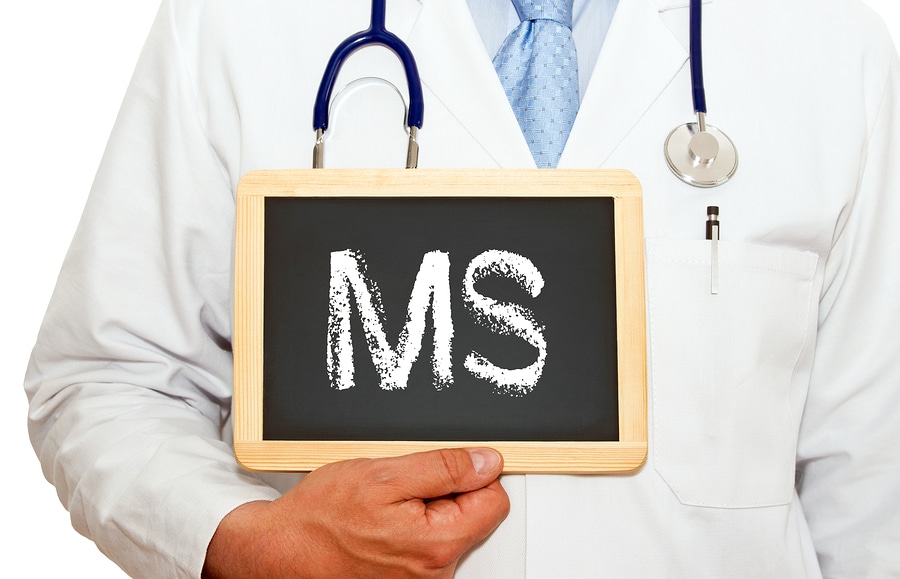Life with multiple sclerosis (MS) is challenging because it can cause symptoms throughout the body. And, everyone’s experience with the disease is unique because symptoms vary, which makes it unpredictable. However, when your aging relative takes better care of themselves, it can also lessen MS symptoms and allow them to live a better quality of life. Below are some tips to improve overall health with MS.

Eat Nutritious Meals
The body needs fuel for energy. Eating healthy meals not only supplies that energy, but also helps to prevent other chronic conditions, like diabetes and heart disease. There’s no special diet for people with MS, so the best route is to follow the same guidelines for other people to eat healthfully. That means eating a diet rich in vegetables, fruits, whole grains, and lean proteins. Make sure the older adult’s diet also contains plenty of fiber since it can help prevent constipation, which is common in people with MS. MS can affect taste, dulling it and making foods less flavorful. If your aging relative has that symptom, try using herbs, spices, and citrus juices to boost flavor.
Elderly care providers can plan and prepare healthy meals for the older adult. If the senior is no longer able to drive, the elderly care provider can also drive them to the grocery store and assist with shopping.
Get Enough Sleep
MS can cause fatigue, so it’s important for seniors with the disease to get enough rest. Creating and following a sleep routine can help. Try having the older adult go to bed and get up at the same times each day. Switch to quiet activities in the evening, like listening to relaxing music or reading. If the senior wakes up during the night to use the bathroom, it may help to limit beverages before bedtime. It’s also okay to take a nap during the day when fatigue is a problem. However, they shouldn’t sleep for more than 2 hours since it could make sleeping at night more difficult.
Elderly care providers can assist with stabling a bedtime routine for your elderly family member. An elderly care provider can encourage quiet activities, like reading. If the senior has poor vision and reading is difficult, the elderly care provider can read to them.
Pay Attention to Emotional Health
MS can take a toll on emotional health, too. It’s important to pay attention to the way the older adult may be feeling. Watch for signs of depression and anxiety. If they are struggling to deal with their emotions, talk to a doctor about treatment. It may also help for them to join a support group.
If the doctor prescribes medication to treat depression or anxiety, an elderly care provider can remind them when it is time to take it. They can also remind the senior to take medicines for MS. And if the older adult feels they could benefit from a support group, an elderly care provider can drive them to the meetings.
If you or an aging loved-one are considering a Caregiver in Piedmont, CA, call the caring staff at Aviva In-Home Care. Call today: (415) 795-2203
Sources
Multiplesclerosisnewstoday.com
Everydayhealth.com
Webmd.com
- Do You Need Help with Personal Care for Your Senior? - September 16, 2019
- Causes and Risk Factors for Shingles in the Elderly - September 12, 2019
- Five Reasons Your Senior Might Need a Daily Routine - September 5, 2019



